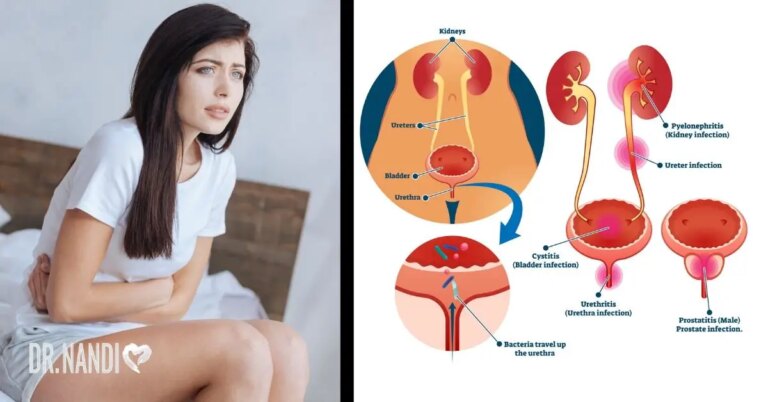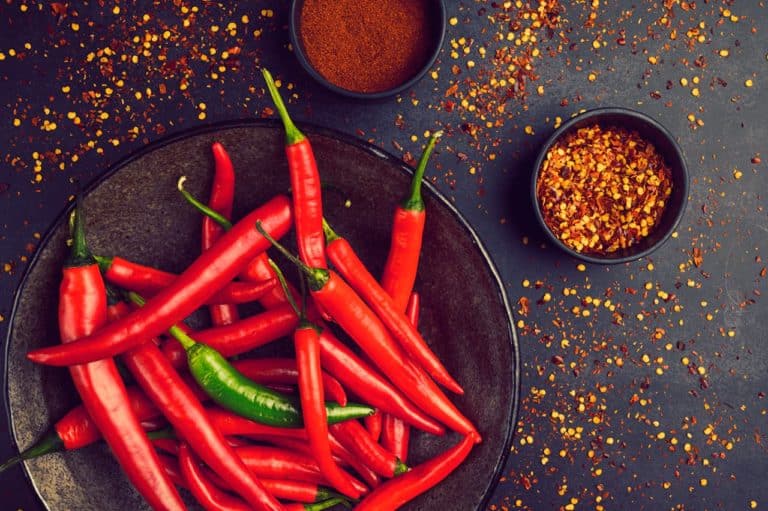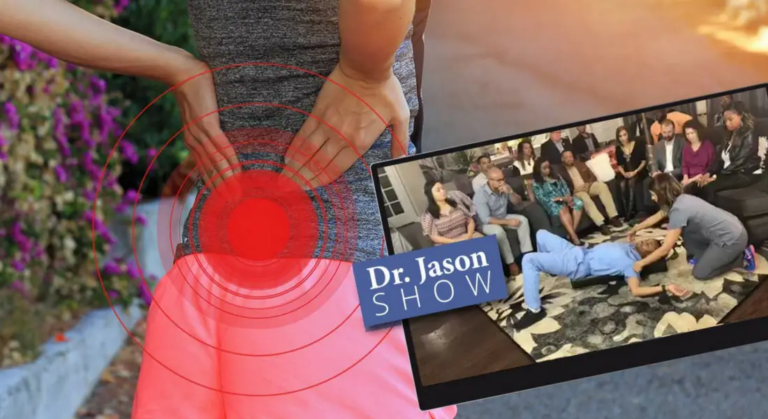Ladies, how many of you have ever gone to the doctor with troubling symptoms only to be told, “Oh, you’re just stressed?” This happens more frequently than some care to admit, and it could potentially jeopardize your life. While legitimate stress-related issues can certainly prompt a doctor visit, it’s imperative that certain symptoms are taken seriously.
Why? Because heart disease is currently the #1 killer of women, and its warning signs are often overlooked.
I want to empower you to protect your heart. And there couldn’t be a better time. From Valentine’s Day to Go Red for Women, this month is all about heart. It’s the perfect time to learn how to recognize warning signs, prevent disease and put your health – and heart – first.
Understand the risk.
Heart disease is not a men’s issue. It’s a people issue. One that happens to kill one woman in the United States almost every 80 seconds. This disease takes a woman’s life about every minute and a half, and yet women are repeatedly dismissed when they voice their physical symptoms. Let that sink in. Clearly, things have to change.
- Approximately 44 million women in the U.S. are affected by cardiovascular diseases.
- Fewer women than men survive their first heart attack.
- About 90% of women have at least one risk factor for heart disease.
The good news is that 80% of heart disease events may be prevented by lifestyle changes and education. So if you’re willing to make adjustments, you can prolong your life.
Recognize the symptoms.
Here’s where things get tricky. The symptoms of a heart attack can be very different for men than for women. Women tend to experience the following atypical symptoms that are often misunderstood and misdiagnosed.
Shortness of breath
You can experience difficulty breathing a few weeks before the onset of a heart attack. If you find that your typical daily activities are causing air hunger, it might be a cause for concern.
Back pain
Irregular pain in the upper or lower back can indicate stress to your heart muscle.
Jaw pain
Sometimes related pain radiates to the neck and jaw. Persistent jaw discomfort, or pain that intensifies during cardiovascular exercise, could indicate a problem.
Flu-like symptoms
Flu-like symptoms (nausea, excessive sweating, extreme fatigue, dizziness, lightheadedness) are often reported in the weeks or days before a heart attack.
Make your health a priority.
It’s time to step up and become your own health hero. That means making your health a priority.
Put yourself first (yes, that’s allowed).
Chances are, you feel guilty when you put yourself first. You’re accustomed to taking care of everyone – and everything – else before taking care of yourself. This selfless and caring behavior is admirable, but it’s counterproductive to your good health. After all, you can’t take care of everyone else if you’re out of commission.
Repeat after me: It is not selfish to prioritize my health.
It’s actually an important form of self-care. If you ever experience the symptoms above, don’t put off calling your doctor or heading to the emergency room if necessary. Everything else will just have to wait. And that’s perfectly acceptable.
Your heart matters. Never feel guilty for putting your health first. It may be the season for chocolates and flowers, but making your heart – and health – a priority is the best gift you can give to yourself.
Remember to make healthy living a part of every day.
The light in me honors the light in you. Namaste.
Dr. Nandi
If you found this helpful and want to see more, join my newsletter community!
Partha’s Prescriptions
- Reduce stress. Discover your favorite ways to relax and unwind. Listen to music, meditate, write down your thoughts in a journal, stretch, get spiritual or share laughter with loved ones.
- Move with purpose. Devote 30 minutes every day to movement and exercise. Even moderate physical activity like a brisk walk will do the trick.
- Stop smoking. One year after you quit, you’ll cut your risk of heart disease by 50%! It’s easier to quit smoking than it is to live with heart disease. You don’t want to learn that the hard way. Kick the habit now.
- Make nutrition a priority. Food is love. Nourish your body and soul with healthy and whole foods. Avoid anything processed and stick with fruits, vegetables, lean fats and healthy grains.
- Share the love with your tribe. It has been proven that those who are part of a tribe – or close community – live longer and healthier lives. In fact, friendships increase your chance of surviving and thriving after a heart attack. Reduce your risk of disease by enjoying life’s moments with people you love.














 Subscribe to Ask Dr. Nandi YouTube Channel
Subscribe to Ask Dr. Nandi YouTube Channel










